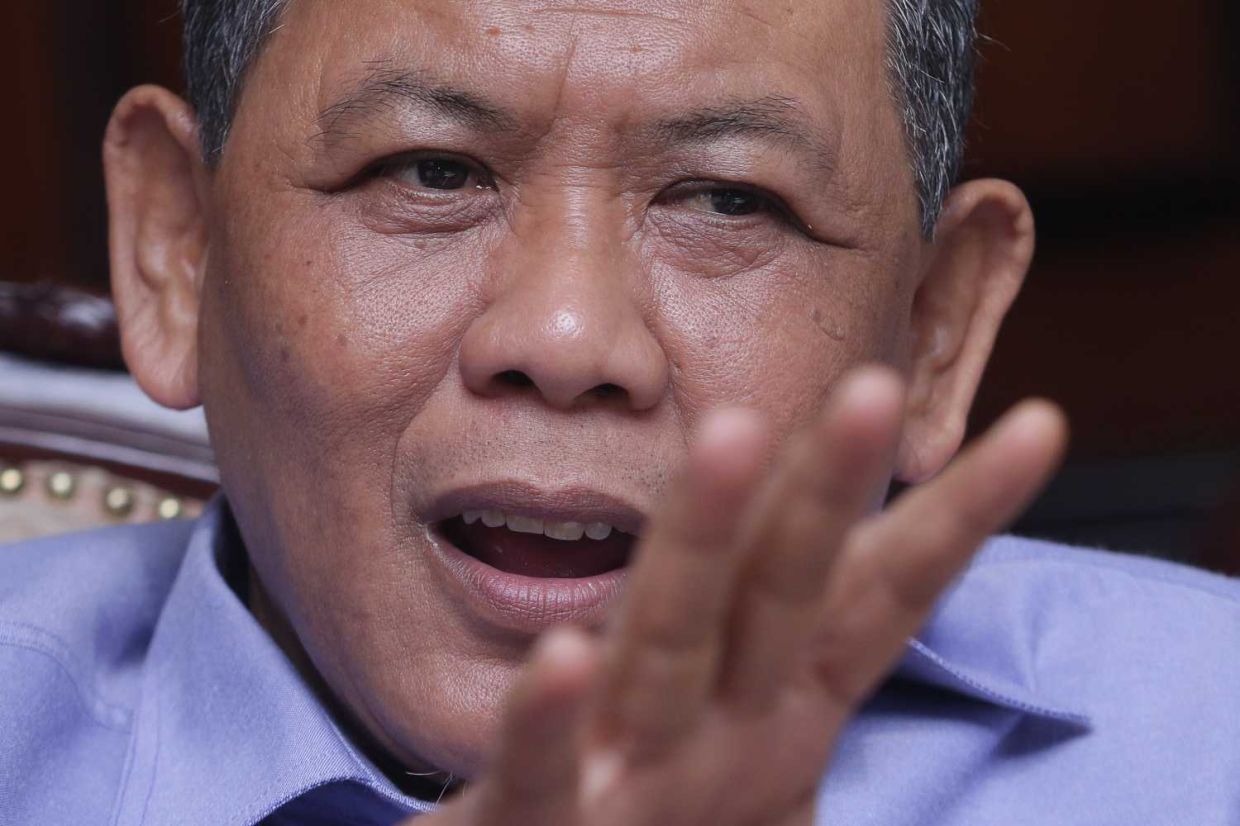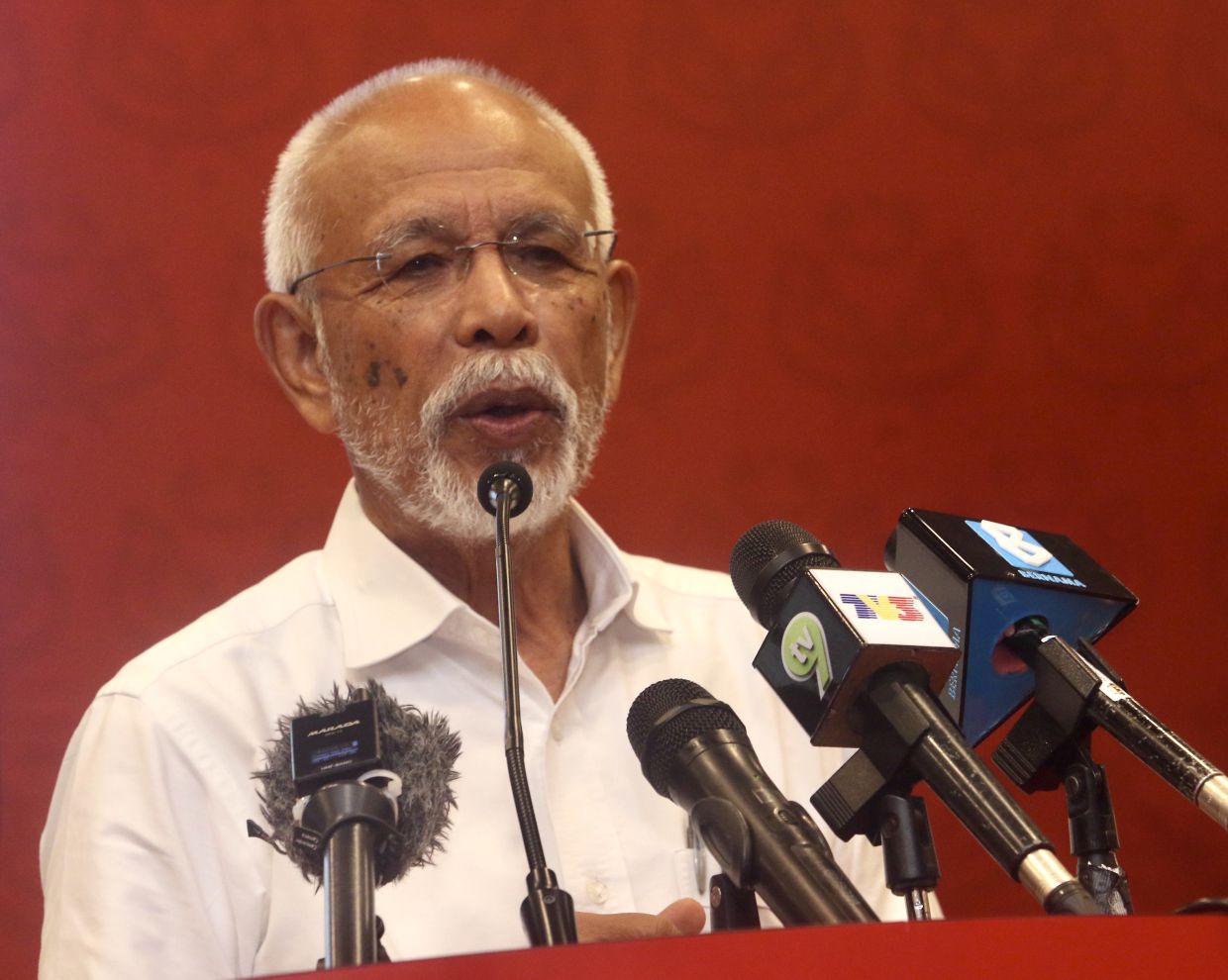
Awaiting more good news: Barbers attending to customers at Zenon Barbershop in Bandar Sri Permaisuri, Cheras. — AZMAN GHANI/ The Star
PETALING JAYA: Malaysia needs some 6,000 barbers and getting the green light to hire foreign workers after 14 years is like “finally getting some oxygen to breathe”, says Malaysia Indian Hair Dressing Owners Association assistant secretary M. Meenaq Kumar.
“We will wait for more details on the requirements that will be announced after the Cabinet meeting on Friday,” he said at an interview yesterday.
ALSO READ: Unlocking golden opportunities with foreign jewellers
Meenaq Kumar said a barbershop usually needs three workers to operate.
“Those hired are capable of all services, such as cutting and washing hair, shaving and massage.”
He said operators mostly prefer workers from India, owing to their knowledge on certain requirements when dealing with haircuts for newborns or the deceased.
“More than 30% of barbershop operators had to shut down their business for good after we were not allowed to hire foreign workers since 2009.
ALSO READ: Cabinet to decide on number of foreign workers for three sub-sectors
“Some had to reduce their number of workers and shorten their operating hours in order to survive.
“Now that we can hire some foreign hands, we will certainly cherish the opportunity,” he added.
Meenaq Kumar said members prefer to send in applications for foreign workers online without going through a middleman.
He added that experienced barbers and hairdressers are more than willing to teach and train apprentices who can inherit the trade.
“Once we have extra workers, we will certainly have the time and resources to do more, including training locals,” he said, adding that it takes between six and nine months for one to become a fully trained barber.
On Monday, Prime Minister Datuk Seri Anwar Ibrahim partially approved applications for the recruitment of foreign workers for barbershops as well as for the textile and goldsmith sub-sectors.
However, he added, there was also a condition imposed for employers to train local youths to fill vacancies.
Malaysian Indian Goldsmith and Jewellers Association president Datuk Abdul Rasul Abdul Razak said its members and industry players in general are waiting for more information about the new criteria.
“The Cabinet meeting on Friday will address this and we will be informed after that,” he said.
Business owners in need of foreign workers are required to accept the quota and also provide training to locals.
As the government will be giving approvals on a case-by-case basis, Abdul Rasul said various factors regarding the outlets and business operations will be scrutinised to determine whether the need for foreign workers is genuine.
“We need about 3,000 workers from India and Sri Lanka to cater to some 200 goldsmiths and jewellery shops here.
“These skilled foreign workers know the traditional methods of producing customary jewellery, such as for newborns, weddings and prayers.
“When locals learn the trade, they mostly leave after a year or two for better prospects.
“Instead of getting paid about RM3,000 here, they prefer earning S$3,000 (RM10,265) in Singapore. This is how we lose our local talent.”
He added that locals are demanding a salary of RM5,000 as a goldsmith, but not all shops can afford it.
Abdul Rasul also said the cost of hiring a foreign worker would be about RM6,000 with a levy.
The foreign workers are expected to finally arrive in Malaysia in a year’s time, after all the necessary procedures are finalised.
Malaysian Indian Textiles & General Stores Association secretary Datin Maheswary Ramasamy said it has been difficult for stores to hire capable locals who are well-versed in the types of fabrics, especially those needed for special occasions.
“It’s not that we don’t want to hire locals, but they are not interested in learning the trade.
“I used to have 20 outlets in the Klang Valley, but when there were not enough workers, I had to shut down 17 of them,” she said, adding that each outlet needs 10 workers to function.
With some 1,500 Indian textile stores nationwide, Maheswary said the sector would need some 3,000 workers altogether.
“We are thankful that the government is lifting the ban and allowing us to hire foreign workers. We will know more about the conditions and mechanism later,” she added.









































